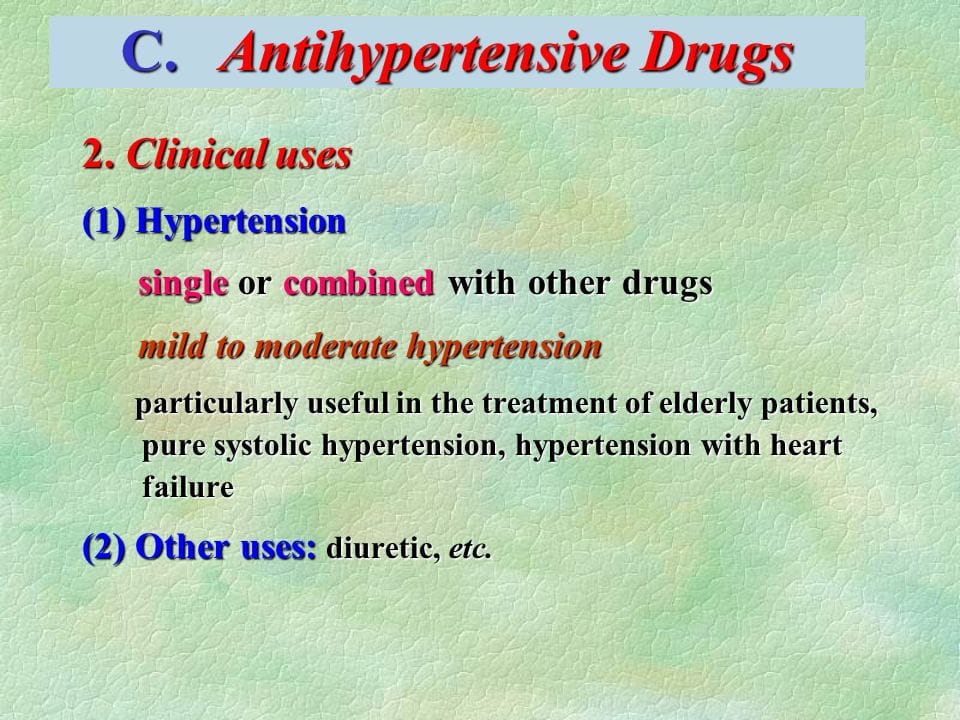Case Studies: A Comprehensive Guide to Answering Pharmacy Case Studies
Case studies: A Comprehensive Guide to Answering Pharmacy Case Studies Case studies are an essential part of training for those studying pharmacy, medicine, and nursing. They serve as a bridge between theory and practical application, offering students a chance to engage with real-world situations where they can apply their knowledge of pharmaceuticals, patient care, and …







